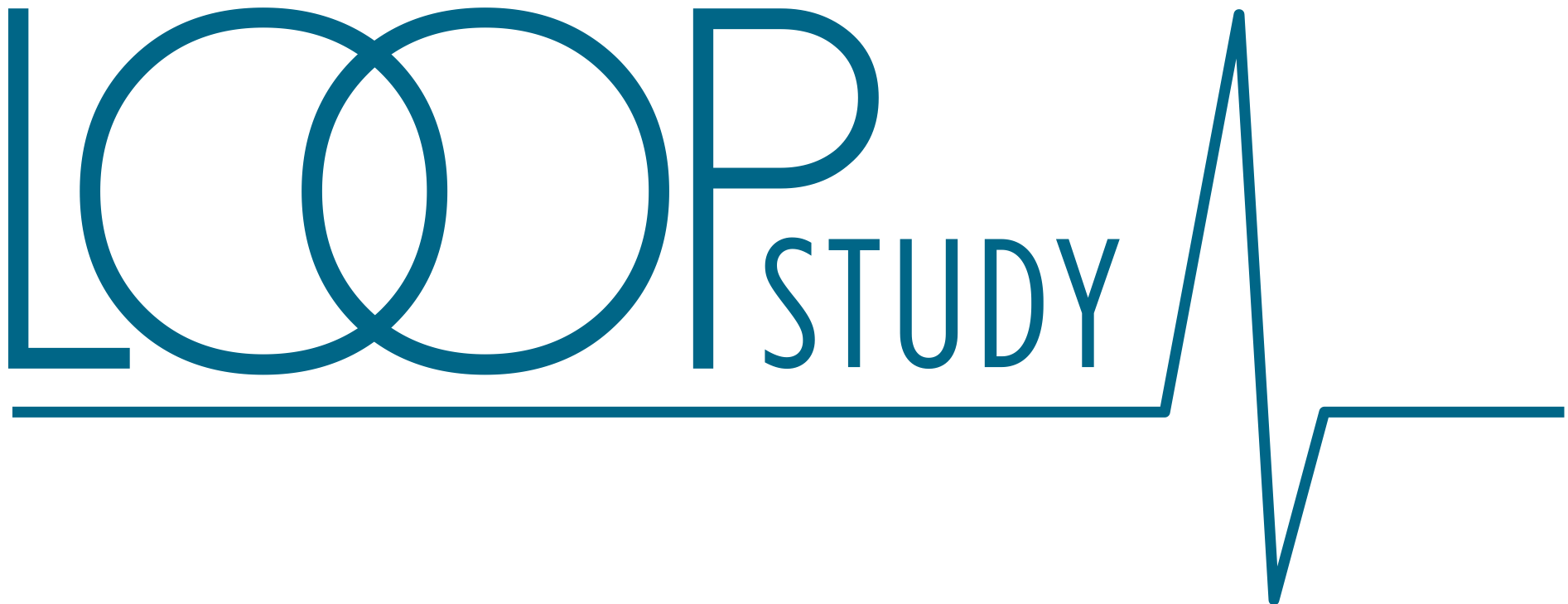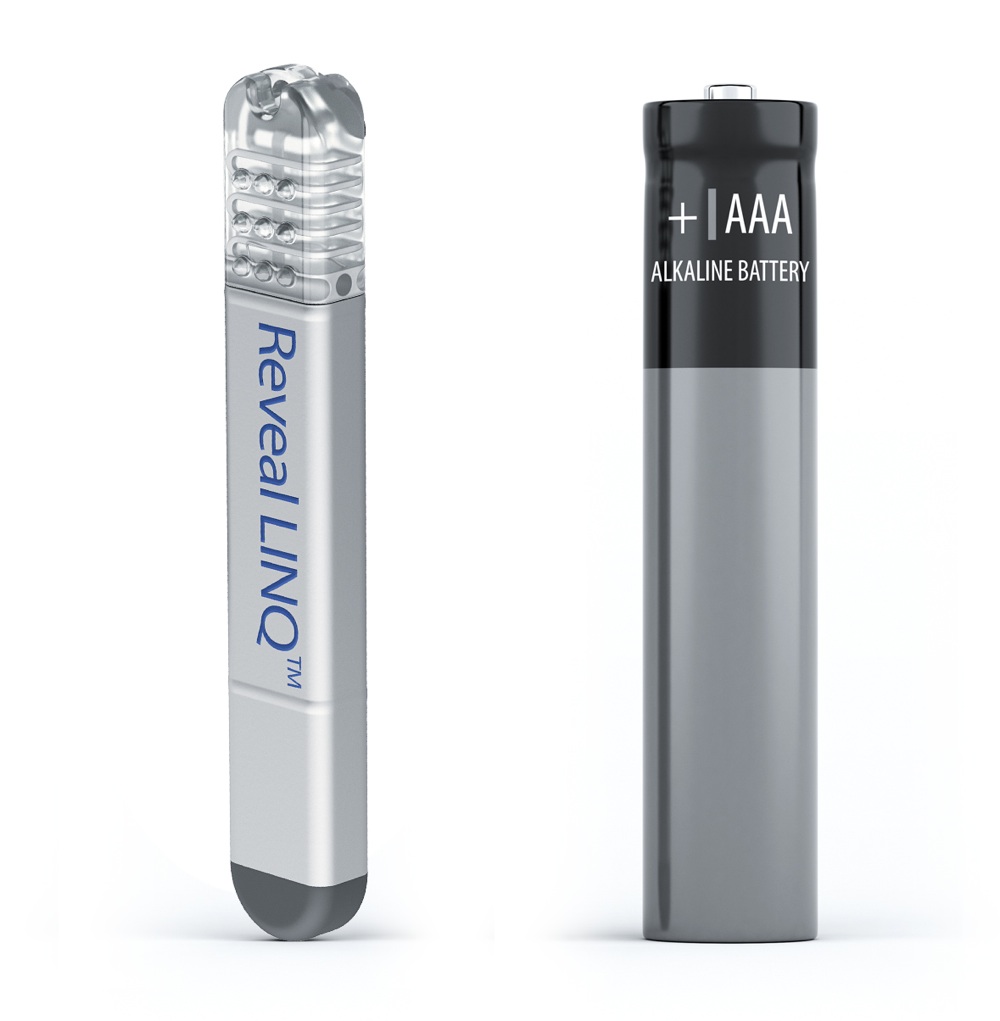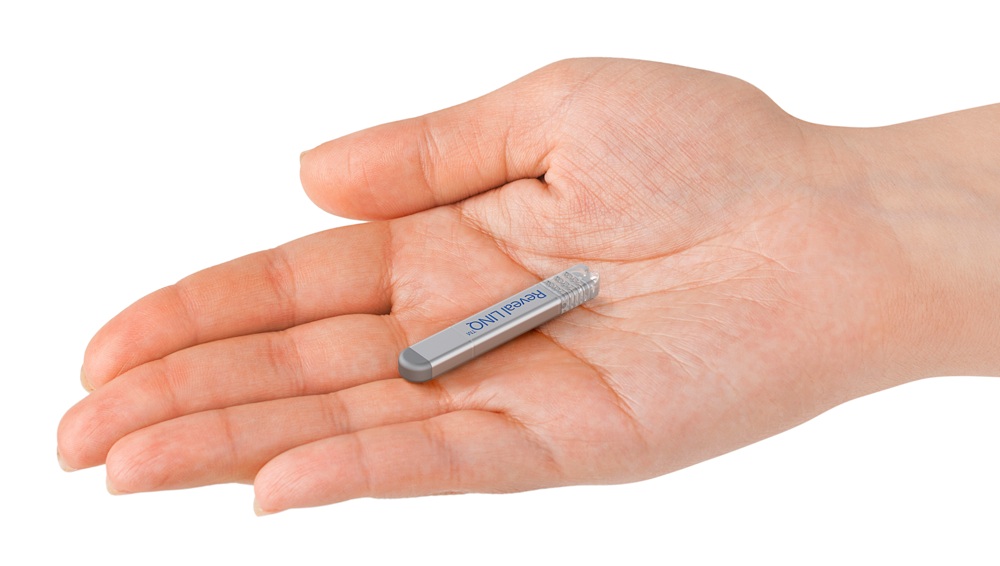

Every year, 16,000 Danes are diagnosed with a stroke and of these 12,000 have their first stroke. Stroke can have huge human cost (loss of mobility and / or intellect, dependency of others and increased mortality), and have high social cost. As we live longer and longer, the number of patients with stroke will increase by approximately 30% from year 2000 to year 2025.
Atrial fibrillation is a heart rhythm disorder characterised with irregular pulse and atrial fibrillation is a well-known cause of stroke. Atrial fibrillation without any symptoms is quite common and these cases are therefore not diagnosed and not treated appropriately. Atrial fibrillation may be present all the time, but can also be intermittent. Therefore it can be difficult to detect this cardiac rhythm disturbances with an electrocardiogram (ECG), which only provides a snapshot of the heart rhythm. It may be advantageous to record the heart rhythm over a longer period of time to detect atrial fibrillation.
The LOOP trial aims to clarify whether stroke can be prevented by monitoring the heart rhythm with a small device (called a loop recorder). The recorder is placed under the skin on the front of the chest, which allows monitoring of the heart rhythm 24-hours a day 7 days a week.
The trial has 6,000 participants, of which 1,500 will have a loop recorder implanted and 4,500 will be included in a control group. It is a draw that determines whether you get the loop recorder or not. Neither trial participant nor healthcare professionals have any influence on the draw.
The loop recorder will be implanted within a few weeks after the draw. After the implantation participants that receive the recorder, will come to control visits at the hospital and there will be some telephone interviews. If the recorder detects atrial fibrillation, the trial participant will be advised to start stroke prevention with anticoagulation treatment. All participants in the trial must complete forms including quality of life questionnaire and functional level assessment.
The trial is approved by the local ethics committee. Four hospitals (Rigshospitalet, Bispebjerg Hospital, Roskilde Hospital and Odense University Hospital) participate in the trial.
The trial is funded by:
- Det Strategiske Forskningsråd (Innovationsfonden)
- Arvid Nilsson Fonden
- Region Hovedstadens Forskningsfond
- Hjerteforeningen
- Medtronic
